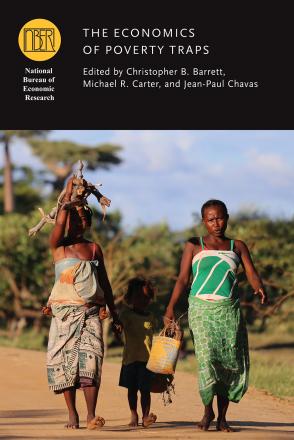Sustaining Impacts When Transfers End: Women Leaders, Aspirations, and Investments in Children

Numerous evaluations show that conditional cash transfer programs change households’ investments in their young children, but there are many open questions about how such changes can be sustained after transfers end. This paper analyzes the role of social interactions with local female leaders for sustaining program impacts. The social interactions are identified through the randomized assignment of leaders and other beneficiaries to different cash transfer packages. Random exposure to leaders that received the largest package was found to augment short-term program impacts on households’ investments in education and nutrition, and to affect households’ attitudes towards the future during the intervention. This paper shows that the strong social multiplier effects from leaders’ treatment persisted two years after the end of the program. Households randomly exposed to female leaders with the largest package sustained higher investments in their children and reported higher expectations and aspirations for the future of their children. These results suggest that program design features that enhance ownership of a program’s objectives by local leaders may shift other beneficiaries’ norms and sustain higher levels of human capital investments.
-
-
Copy CitationKaren Macours and Renos Vakis, The Economics of Poverty Traps (University of Chicago Press, 2017), chap. 9, https://www.nber.org/books-and-chapters/economics-poverty-traps/sustaining-impacts-when-transfers-end-women-leaders-aspirations-and-investments-children.Download Citation
-


